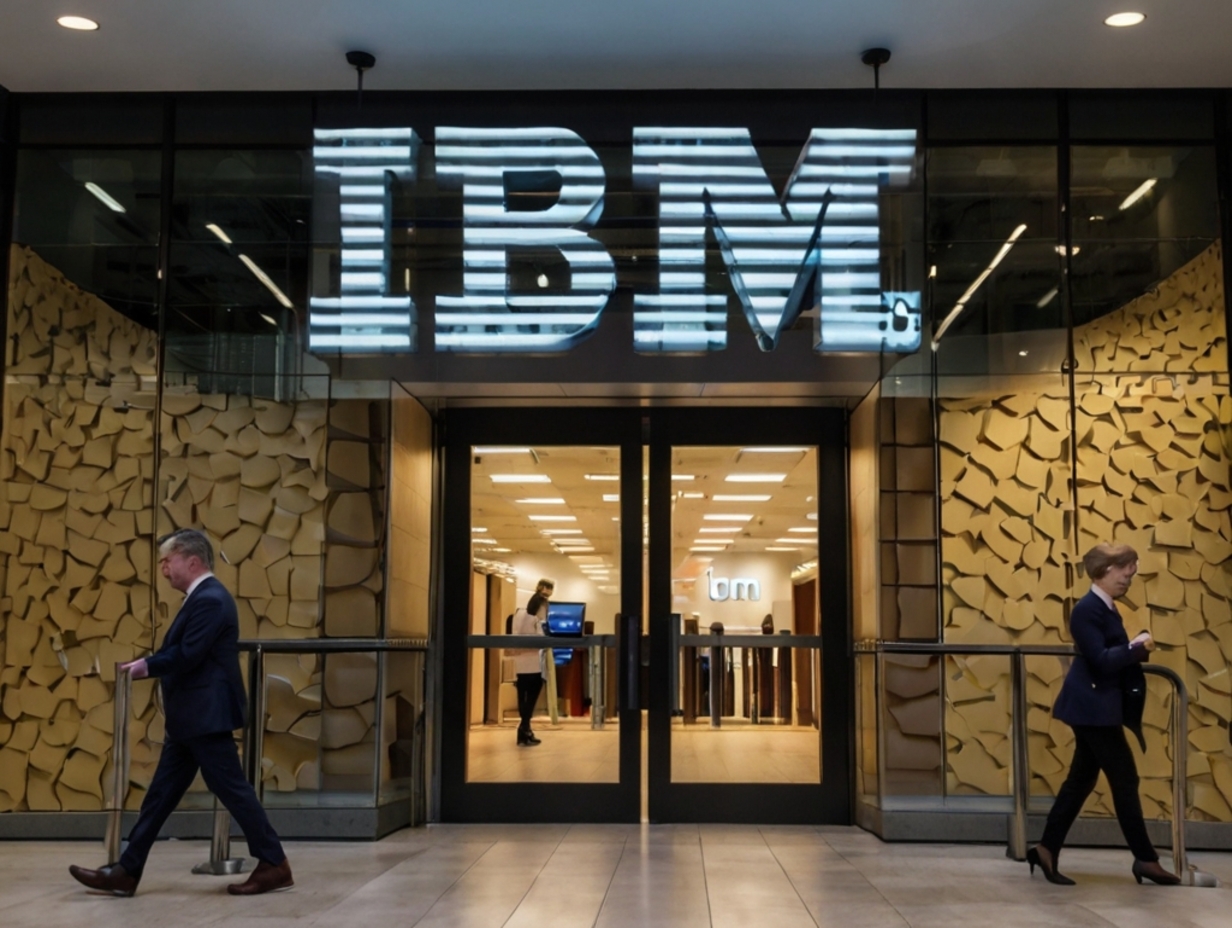In a groundbreaking analysis that could reshape the global workforce, the International Monetary Fund (IMF) has released a comprehensive 42-page report titled “Gen-AI: Artificial Intelligence and the Future of Work.” This report unveils the IMF’s projection that artificial intelligence is on track to disrupt 40% of all jobs globally, ushering in what they refer to as the “new industrial revolution.” As the world grapples with the transformative potential of AI, the consequences outlined by the IMF hint at major disruptions in the workplace and the looming specter of exacerbated inequality.
The IMF’s report paints a stark picture of the potential ramifications of AI on the global job market. In advanced economies, where cognitive-task-oriented jobs prevail, the exposure to AI reaches 60%. However, the report suggests that half of these jobs may face negative consequences, while the remainder could experience enhanced productivity through AI integration. Emerging market economies face an overall exposure of 40%, while low-income countries are at 26%.
The divide deepens – AI’s impact unveiled on job categories
Professions exhibiting a pronounced “high complementarity” with artificial intelligence (AI), such as those embodied by surgeons or judges, are poised to derive substantial benefits from the seamless integration of AI technologies.
Conversely, occupations characterized by a conspicuous “low complementarity,” as typified by the role of telemarketers, may find themselves confronted with the looming specter of comprehensive replacement, thereby engendering the possibility of considerable societal disruption.
In highlighting the potential consequences of AI integration, IMF Managing Director Kristalina Georgieva underscored a notable dichotomy. According to her insights, around half of the jobs exposed to AI could experience enhanced productivity through integration, while the remaining half faces the risk of AI applications taking over essential tasks, potentially resulting in decreased labor demand, lower wages, and diminished hiring. In the extreme scenarios, certain jobs may even face the prospect of disappearing. This perspective was shared by Georgieva in the context of the IMF’s analysis on the impact of artificial intelligence on the global job market.
Global disparities and economic impact
While the report acknowledges that emerging market and developing economies may initially face fewer AI-induced disruptions due to their reliance on manual labor and traditional industries, it raises concerns about the long-term consequences. The lack of infrastructure and a skilled workforce in these economies could impede their ability to harness early AI-driven productivity gains. Consequently, the AI divide could exacerbate existing economic disparities, leaving poorer nations trailing behind the technological revolution.
As the specter of AI looms over the global job market, the IMF’s report raises critical questions about the future of work and the potential exacerbation of inequality. How can nations navigate the delicate balance between embracing AI for productivity gains and mitigating the adverse effects on employment? The answers to these questions will likely shape the trajectory of the global workforce, determining whether the benefits of AI will be inclusive or if they will further widen the existing economic gaps. In a world on the cusp of unprecedented technological change, finding equitable solutions becomes imperative to ensure a balanced and sustainable future.





